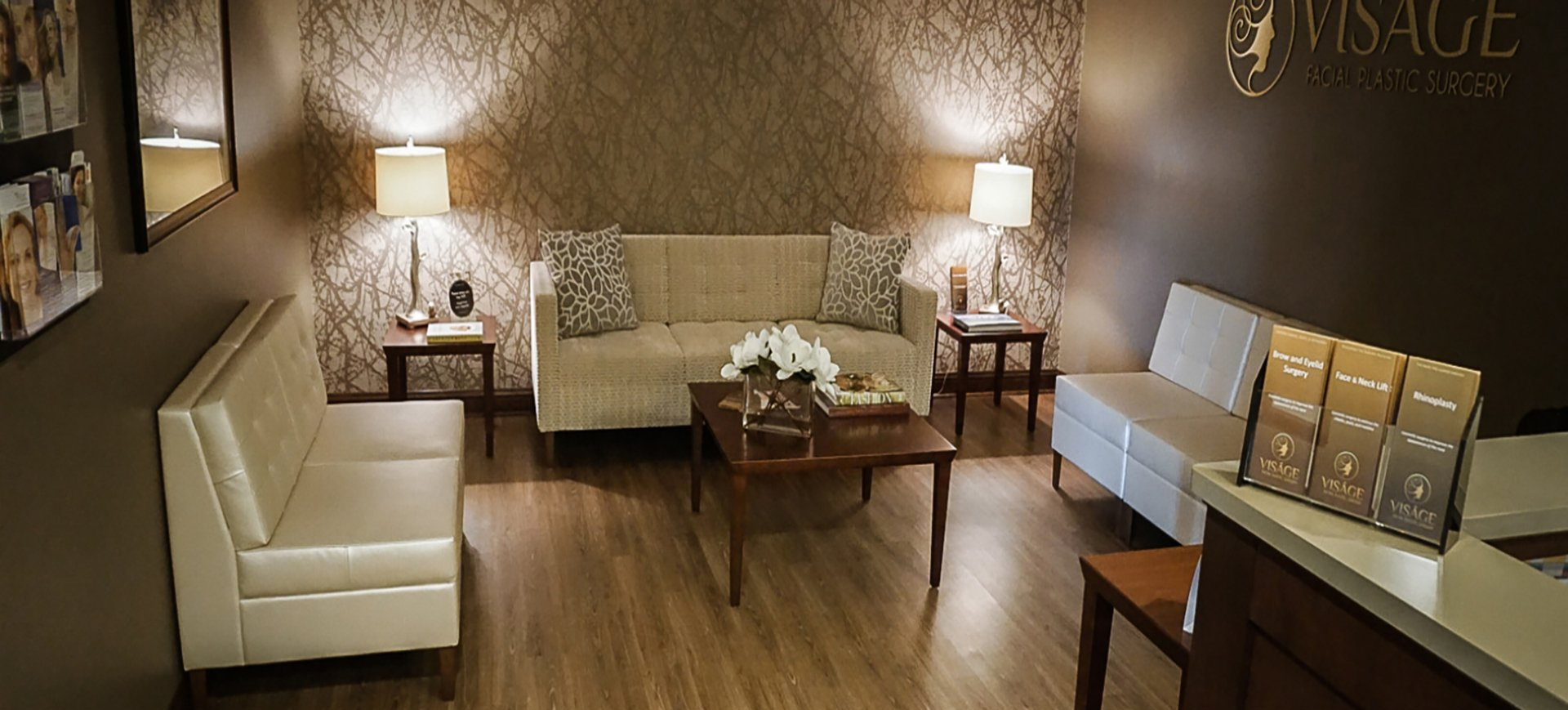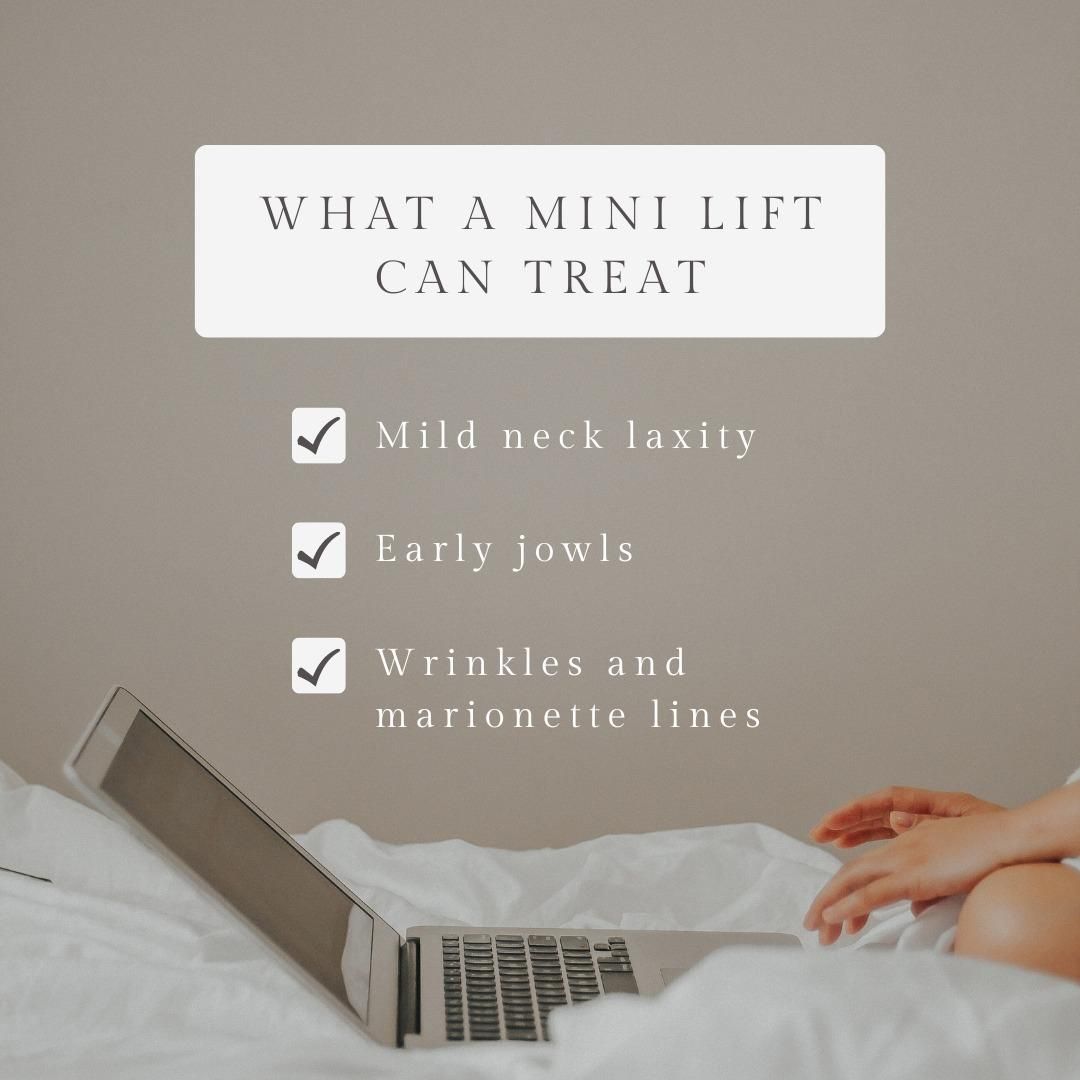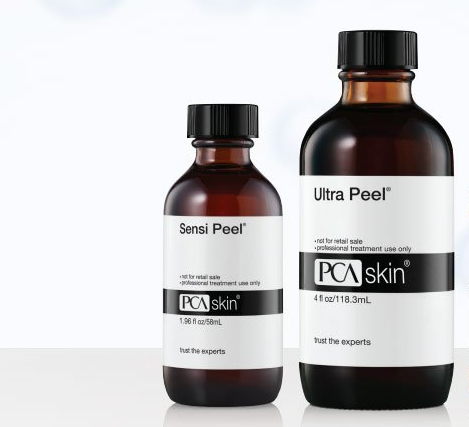How To Manage Post-Plastic Surgery Discomfort
It is completely normal to experience some discomfort after plastic surgery but you don't have to suffer. These common post-surgery issues can be minimized to ensure a more comfortable recovery.
Pain
Some pain can be expected following surgery after anesthesia wears off. It is usually at its worst within the first 24 hours and will subside within the first several days. Since pain can lead to increased blood pressure and bleeding, we prescribe pain medication to help patients through the first few days. Typically, we give a choice between Acetaminophen w/ Codeine (e.g. Tylenol #3) or Acetaminophen w/ Hydrocodone (e.g. Vicodin, Lortab, Norco). Once pain decreases, or if you start needing feeling as though you need 2 painkillers instead of 1, we recommend switching to non-opiate pain medication (such as Tylenol). Ibuprofen and Aspirin are not advised, unless we instruct otherwise, as those are blood thinners and may cause excessive bleeding and/or bruising.
Contact us immediately if you experience...sudden decrease in vision or sudden pain unrelieved by medication.
Nausea
Nausea and vomiting are a common reaction to general anesthesia and strong pain medications. We do all we can before and after surgery to minimize these side effects. One option we offer is a medication called Emend which can be taken before the procedure to prevent nausea and vomiting. One tablet is taken before your procedure and helps considerably.
After surgery, a prescribed medication called Ondansetron ODT can be taken every 6 hours. They dissolve in the mouth and work quickly. If you received a general anesthetic (i.e. you were asleep during your procedure), nausea will improve as the general anesthetic works its way out of your system over the first few days. Prolonged nausea, vomiting, and/or constipation, on the other hand, is usually caused by continued opiate pain medication use. Try to transition to non-opiate medications when discomfort is under control.
Contact us immediately if you experience...persistent vomiting unrelieved by medication.
Swelling and Bruising
Swelling and bruising can be disheartening when you want to see immediate results. The main thing to remember is that swelling and bruising eventually subsides completely. Bruising typically lasts no more than two weeks, changing color and decreasing in intensity throughout that time. It takes 6 weeks for 90% of swelling to subside.
Here are some ways to minimize swelling and bruising after plastic surgery:
- Use a cold compress for 20 minutes at a time, 1-2 hours apart during the first 72 hours post-surgery.
- For the first week, keep your head elevated at all times (even while sleeping) to decrease blood pressure and swelling in the face.
- Avoid pressure on any surgical sites as it may cause injury. Be especially careful not to bump your surgical sites.
- Avoid straining, lifting, and exertion
- Avoid activities that increase your blood pressure or heart rate, or cause you to sweat.
- Maintain adequate pain control and stress levels. If you are tense, your heart rate and blood pressure will elevate and cause more bleeding under the skin.
Contact us immediately if you experience...sudden large swelling and/or bruising, especially if only on one side.
Depression
It is not unusual to go through a period of mild depression after cosmetic procedures. No matter how much you wanted the operation, the postoperative swelling and bruising can be disappointing and it can take some time to get used to your new look. Patience is key.
Contact us immediately if you experience...any feelings of severe depression, please contact us immediately.
Bleeding
Bleeding from incisions sites may occur and typically is at its worst during the first 24 hours. Bleeding that is more like a slow “drip” is ok and may be relieved by 1) elevating the area, 2) applying cold compresses, and 3) holding light pressure for 10 minutes. Bleeding under the skin is common to a limited extent and is what forms bruising. Bruising may also cause more swelling. Any bleeding that is heavy or persistent should be reported to us.
Contact us immediately if you experience...episodes of heavy bleeding from surgical sites or any new “opening” of your incisions. This may manifest as a visible gap with new bleeding or crusting.
Numbness
Areas surrounding the incisions will likely feel weak or numb for weeks to months. This is temporary, and will gradually go away. As the nerves heal, you may feel brief sparks or twinges that are not painful.
Contact us immediately if you experience...skin rashes, usually associated with intense itching.
For a more pleasant recovery, always refer to the post-procedure instructions you are provided with. Never hesitate to
contact us if you are experiencing any post-operative issues.






